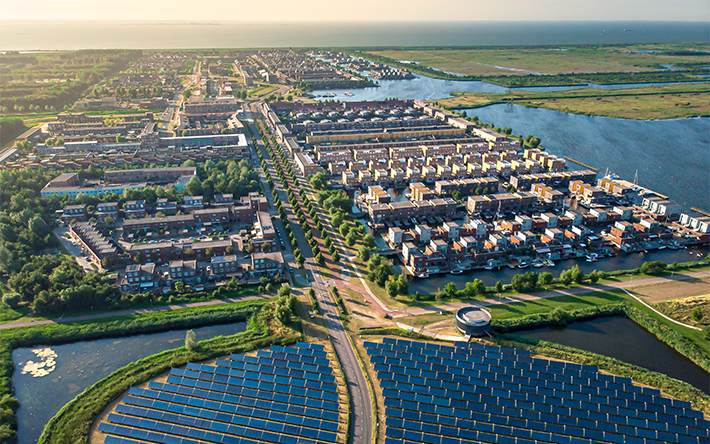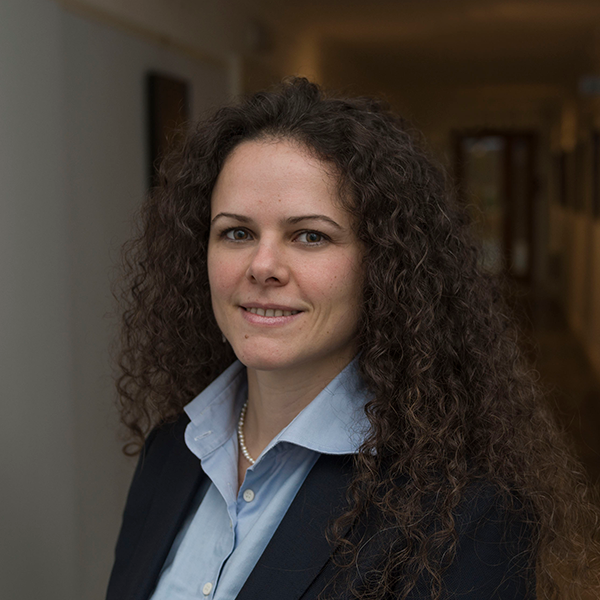
Socialinės sanglaudos ir konvergencijos skatinimas
Socialinės sanglaudos ir konvergencijos skatinimas yra viena iš šešių pagrindinių 2021–2024 m. Europos gyvenimo ir darbo sąlygų gerinimo fondo (EUROFOUND) darbo programoje numatytų veiklos sričių. EUROFOUND toliau tęs savo veiklą kaip kompetencijos centras, stebintis ir analizuojantis pagrindines tendencijas bei veiksnius, susijusius su tikslu ES pasiekti gyvenimo ir darbo sąlygų aukštynkryptę konvergenciją, taip pat sustiprinti ekonominę ir socialinę sanglaudą. COVID-19 pandemija – tai precedento neturintis išbandymas ES ekonominiam bei socialiniam atsparumui ir aplinkybė, dėl kurios buvo atkreiptas dėmesys į pažangos, susijusios su jau pasiektomis konvergencijos tendencijomis, pažeidžiamumą.
Per ateinančius ketverius metus EUROFOUND pateiks svarbių įžvalgų, susijusių su išbandymais ir perspektyvomis socialinės sanglaudos ir konvergencijos srityje Europos Sąjungoje, padėdamas užtikrinti ES ekonomikos ir visuomenės atsparumą būsimiems sukrėtimams. EUROFOUND plėtos ankstesnių metų darbus aukštynkryptės konvergencijos tema, ypatingą dėmesį skirdamas galimam piliečių nelygybės didėjimui ir klausimui, kaip kovoti su didėjančiais, krizės sukeltais išbandymais socialinei sanglaudai. EUROFOUND reguliariai teiks ataskaitas dėl aukštynkryptės konvergencijos tendencijų, susijusių tiek su socialiniu ir ekonominiu aspektu, tiek su Europos socialinių teisių ramstyje nustatytais aspektais valstybių narių ir regioniniu lygmenimis, kartu lygindamas ES su kitomis išsivysčiusiomis šalimis.
Nagrinėdamas ekonominės ir socialinės konvergencijos veiksnius ir poveikį EUROFOUND atkreips dėmesį į įvairius veiksnius: socialines investicijas, judumą ir institucines struktūras, reguliavimą, gerovės sistemas, institucinę kokybę, taip pat viešąsias paslaugas , socialinį dialogą ir struktūrines reformas. Atliekant tyrimus bus nagrinėjamas ES atsako į pandemiją veiksmingumas žvelgiant iš ekonominės ir socialinės konvergencijos perspektyvos. Tyrimuose bus aptarta padėtis euro zonoje ir daug dėmesio bus skiriama klausimui, kokia yra darbo santykių procesų įtaka konvergencijai.
EUROFOUND tirs socialinės sanglaudos tendencijas ir veiksnius Europos Sąjungoje, visų pirma nagrinėdamas, kaip COVID-19 pandemija išryškino esamą nelygybę ar paskatino naujus skirtumus ir kokį poveikį turėjo plačiajai visuomenei ar konkrečioms piliečių grupėms. Atliekant analizę didžiausias dėmesys bus skiriamas skirtumams ekonominėje, socialinėje ir sveikatos srityse, kalbant tiek apie darbo rinką, tiek apie galimybę gauti labai svarbių prekių bei paslaugų ir jų kokybę, pvz., sveikatos priežiūra , būsto sektorius, švietimas ir socialinė apsauga . Bus nagrinėjama sąsaja tarp nelygybės, pasitikėjimo institucijomis ir nepasitenkinimo. Tyrimai bus atliekami kitose srityse, be kita ko, migracijos , integracijos ir įtampos visuomenėje.
Vykdant šią veiklą gauti mokslinių tyrimų rezultatai bus įnašas į darbą, kurį atlieka įvairios Europos Komisijos tarnybos ir Užimtumo komitetas (EMCO), Socialinės apsaugos komitetas (SPC), Ekonomikos ir finansų komitetas (EFK), Taryba ir Europos Parlamentas ir kuris susijęs, be kita ko, su Europos semestru.
- Infografikas: Socialinės sanglaudos ir konvergencijos skatinimas ES
„Kilus COVID-19 krizei aukštynkryptė konvergencija vėl susilaukia daug dėmesio per politines diskusijas... Aukštynkryptė konvergencija yra svarbus Sąjungos stabilumo elementas. Jei nepavyks įgyvendinti pažado užtikrinti aukštynkryptę konvergenciją, gali kilti rizika Sąjungos veikimui ir politinis nepasitenkinimas Europos Sąjungos projektu“.
Massimiliano Mascherini, Socialinės politikos skyriaus vadovas

























